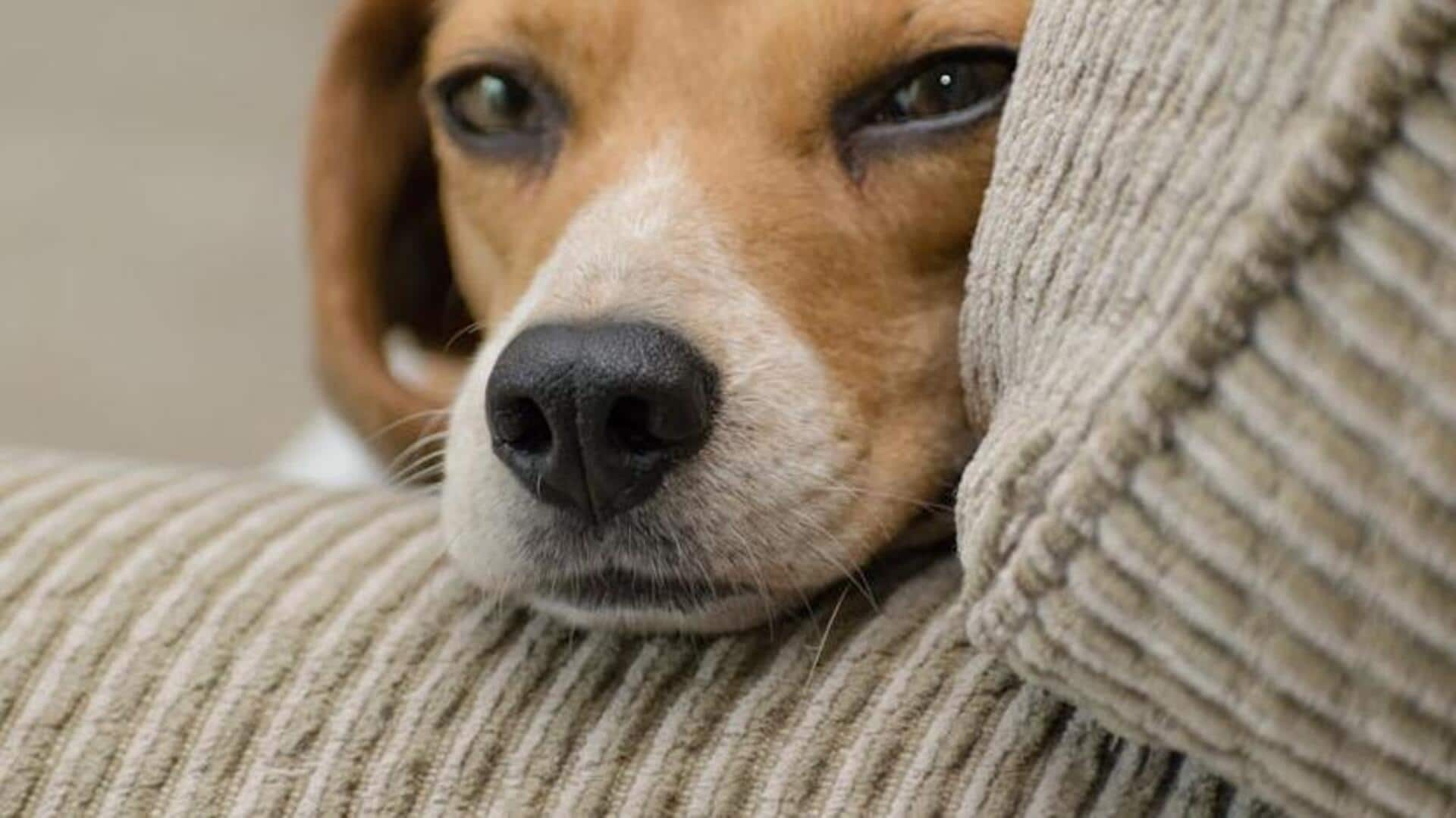
Beagle puppy training: Bite inhibition basics
What's the story
Beagles are small to medium-sized dogs known for their keen sense of smell and tracking instincts. Originally bred for hunting, they are also affectionate companions. Beagle puppies, like all young dogs, go through a teething phase where they may nip or bite. Teaching bite inhibition is crucial for safe interaction and is an important part of their early training.
Tip 1
Understanding bite inhibition
Bite inhibition refers to a dog's ability to control the force of its mouth when biting. For Beagle puppies, this training should start early as it sets the foundation for their behavior in adulthood. Begin by reacting with a clear yelp or a firm "no" when bitten too hard during play, signaling that the behavior is unacceptable.
Tip 2
Consistent training methods
Consistent responses from all family members are essential when training a Beagle puppy in bite inhibition. Uniform reactions to biting ensure the puppy is not confused and understands the expected behavior. Employ positive reinforcement techniques, rewarding the puppy with treats or verbal praise for gentle play or choosing to lick instead of bite, reinforcing good behavior and discouraging nipping.
Tip 3
Redirecting biting behavior
Provide your Beagle puppy with chew toys to redirect their biting from hands and feet to suitable items. These toys are crucial for teaching bite inhibition, as they allow puppies to understand what is acceptable to chew. Furthermore, the toys can ease teething discomfort, serving a dual purpose in training and providing relief for growing Beagles as they learn proper behavior.
Tip 4
Socialization with other dogs
Socializing your Beagle puppy with other vaccinated canines is crucial for bite inhibition. During play, they learn from peers about bite force limits. A yelp from a playmate when bitten too hard teaches the puppy the acceptable level of biting. This natural feedback mechanism is essential for puppies to understand and regulate their biting force, ensuring play remains safe and without injury.
Tip 5
Professional guidance if needed
If bite inhibition training for your Beagle puppy proves challenging, it might be beneficial to consult a professional dog trainer. These experts can offer individualized advice and techniques that are specifically designed to address your puppy's needs. A trainer's experience with Beagles can be invaluable, providing you with the right tools and knowledge to effectively teach your puppy the critical skill of bite inhibition.